Saudi population increasing by 2.54% every year
Wed 09 Nov 2016, 01:24:17
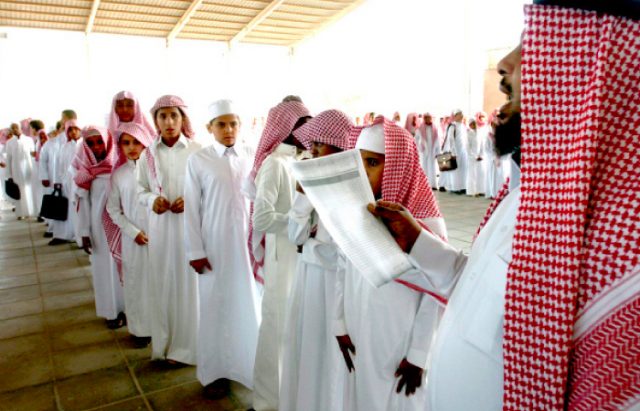
JEDDAH — The Saudi population increased 16.54 percent (4,506,152) to reach 31,742,308 compared to 27,236,156 in 2010, according to recent demographic survey released by the General Authority for Statistics.
The survey shows average annual increase of 2.54 percent.
The male/female distribution was 57.44/42.56 percent in 2016 compared with 57/43 percent in 2010.
As per the survey results, the number of Saudis increased 6.86 percent (1,288,460) to represent 63.2 percent (20,064,970) compared with 18,776,510 Saudis in 2010.
At least 24.8 percent of the total population is less than 15 years of age. The people who range between 15-64 years of age represent 72 percent. But only 3.2 percent are older than 65 years.
The corresponding ratio of the male population represented 22 percent, 75 percent and 3 percent respectively. The corresponding ratio of the female population represented 28.5 percent, 67.9 percent and 3.6 percent respectively.
The gender ratio of the Saudi population is 104 male/100 female. It lies within the normal standards (95/105). This means the community in Saudi Arabia is normal as the number of male citizens is close to the number of female citizens.
The distribution of the non-Saudis by gender is very high than normal at 218 male/100
female.
female.
The survey results show that the ratio of 15-year-old unmarried female Saudis reached 33 percent while the married women represented 58.8 percent. But 5.6 percent and 2.6 percent of the total number are widows and divorced women respectively.
The ratio of the 15-year-old single male Saudis reached 42.1 percent against 56.3 married women, but the widows and divorced women represented 0.5 and 1.2 percent respectively.
These ratios dramatically vary between various Saudi age groups. For example: the percentage of the unmarried female Saudis dropped from 97.1 percent in the 15-19 age group to 12.9 percent in the 35-39 age group and lower than 1.2 percent for the age group 55 years.
There is an age disparity in the Saudi population illiteracy. About 7 percent of the Saudis (> 10 years) are illiterate. This ratio increases as the person moves from one age group to another: about 0.7 percent of the Saudi population in the age group 10-14. But it reaches the highest level (52.7 percent) for people older than 65 years.
Accordingly, young age groups enjoy better opportunities to join an education system and at least learn how to read and write.
The illiteracy rates increase among female Saudi population (>10 years old) than the male Saudis hitting 10.9 percent and 3.2 percent respectively.
No Comments For This Post, Be first to write a Comment.
Most viewed from International
Most viewed from World
AIMIM News
Latest Urdu News
Most Viewed
May 26, 2020
Which Cricket team will win the IPL 2025 trophy?
Latest Videos View All
Like Us
Home
About Us
Advertise With Us
All Polls
Epaper Archives
Privacy Policy
Contact Us
Download Etemaad App
© 2025 Etemaad Daily News, All Rights Reserved.




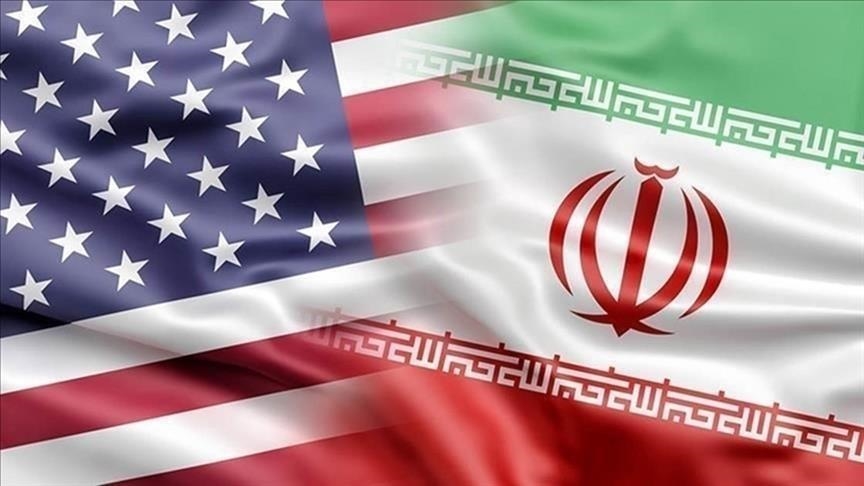
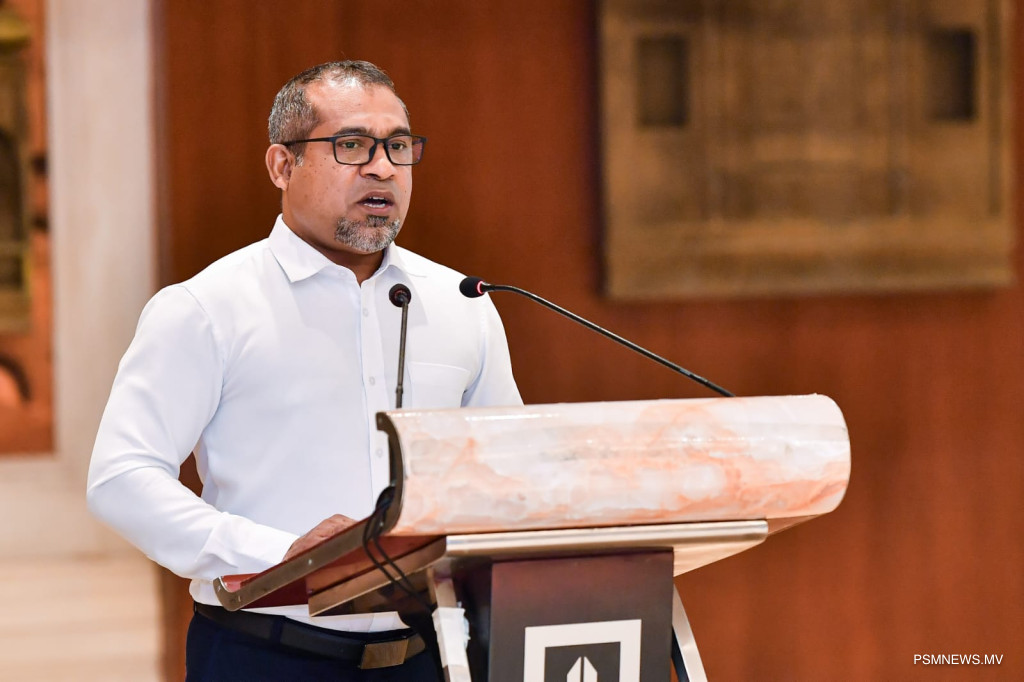
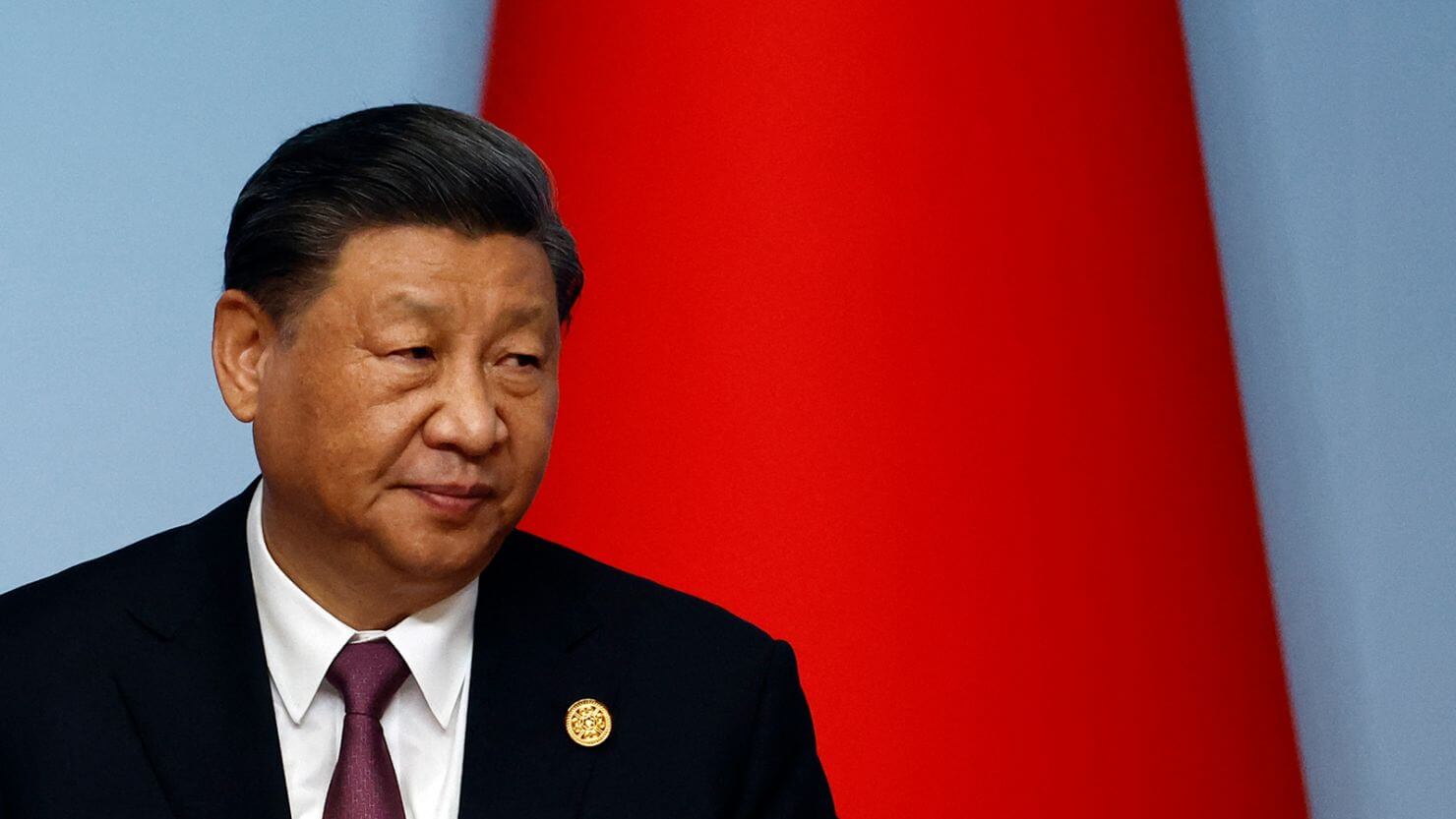

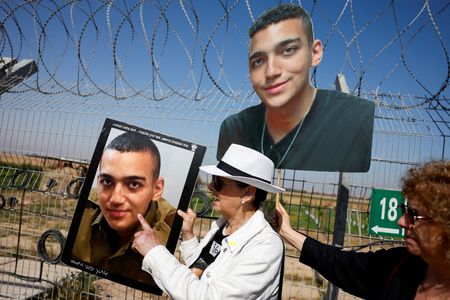

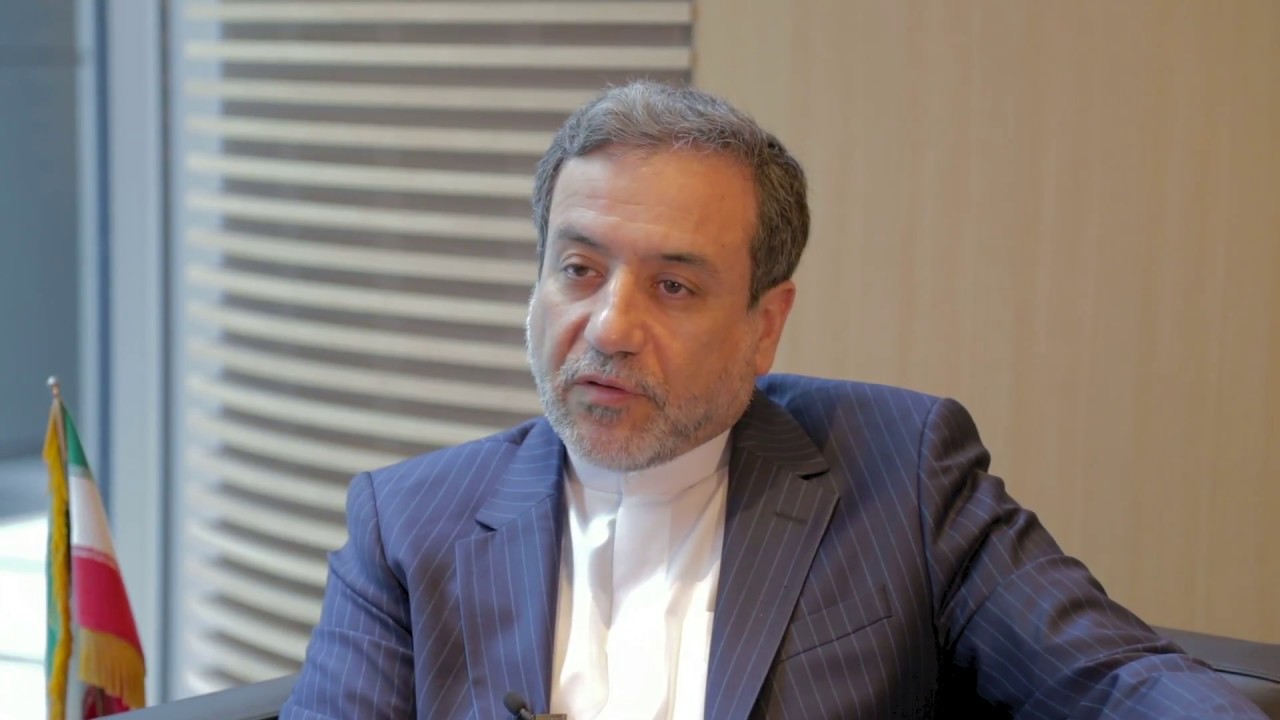








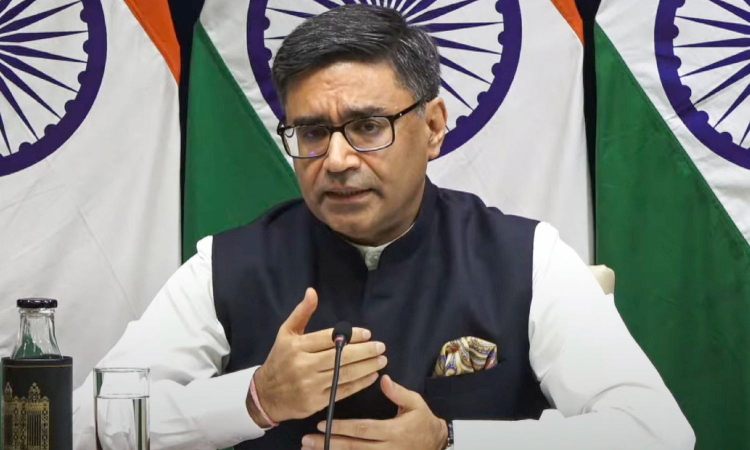


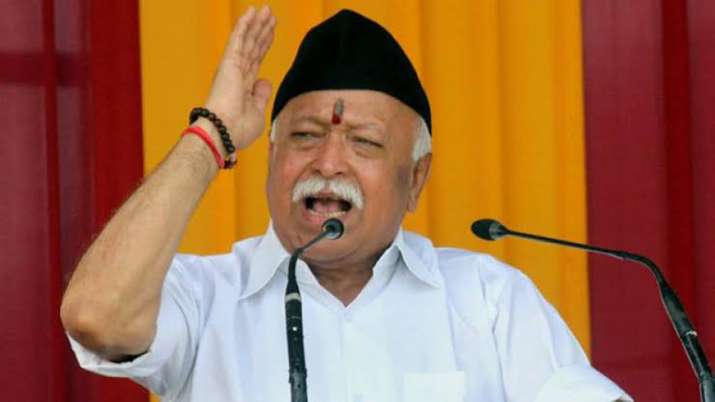



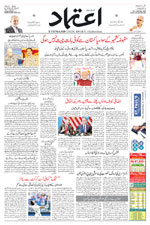


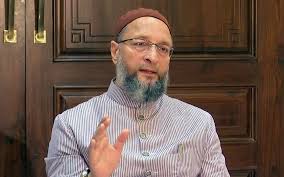
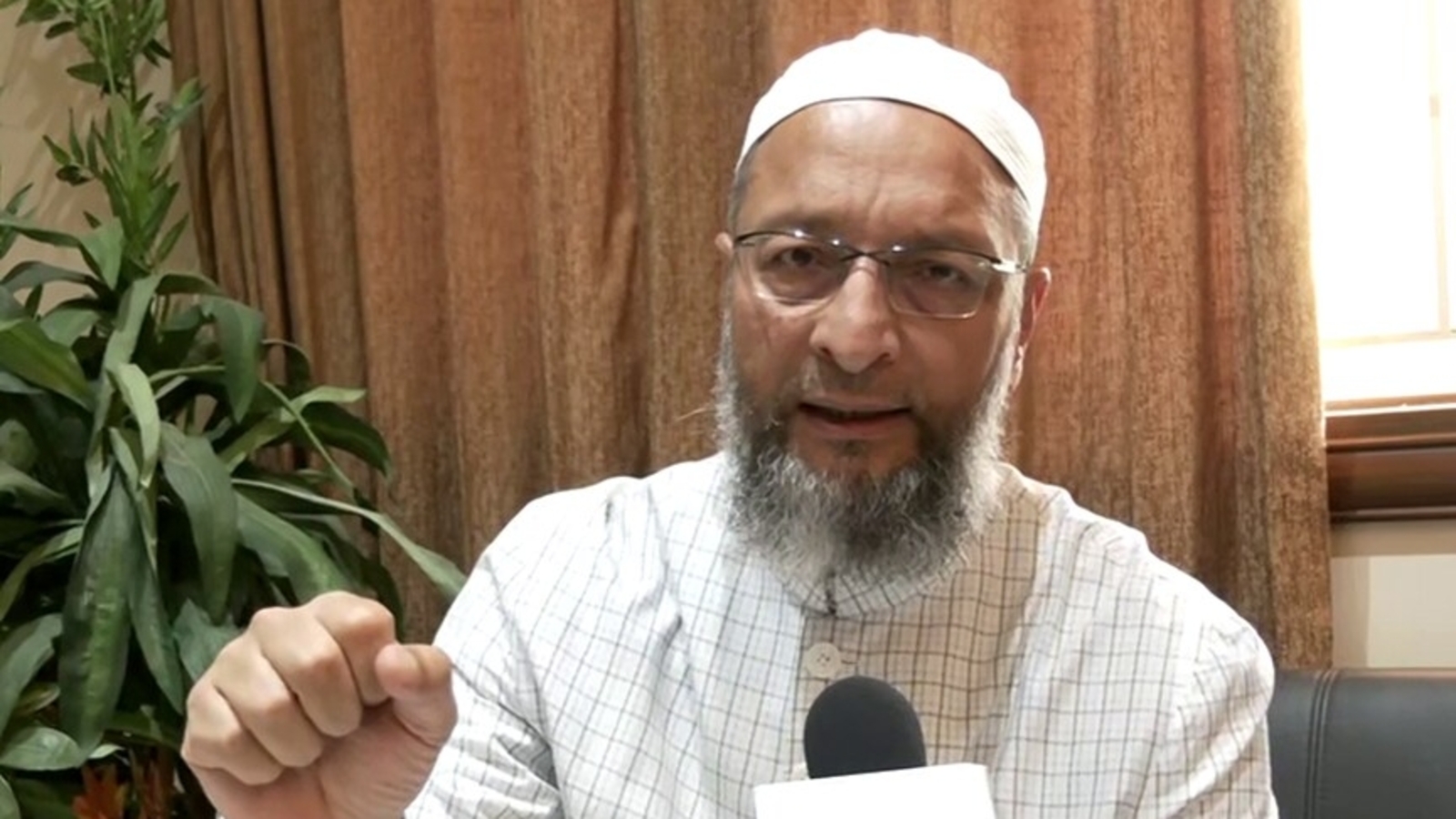
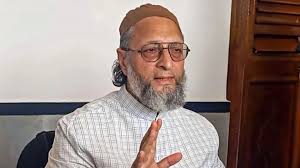
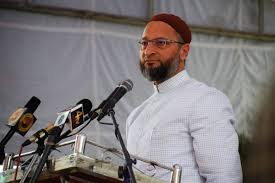




.jpg)




